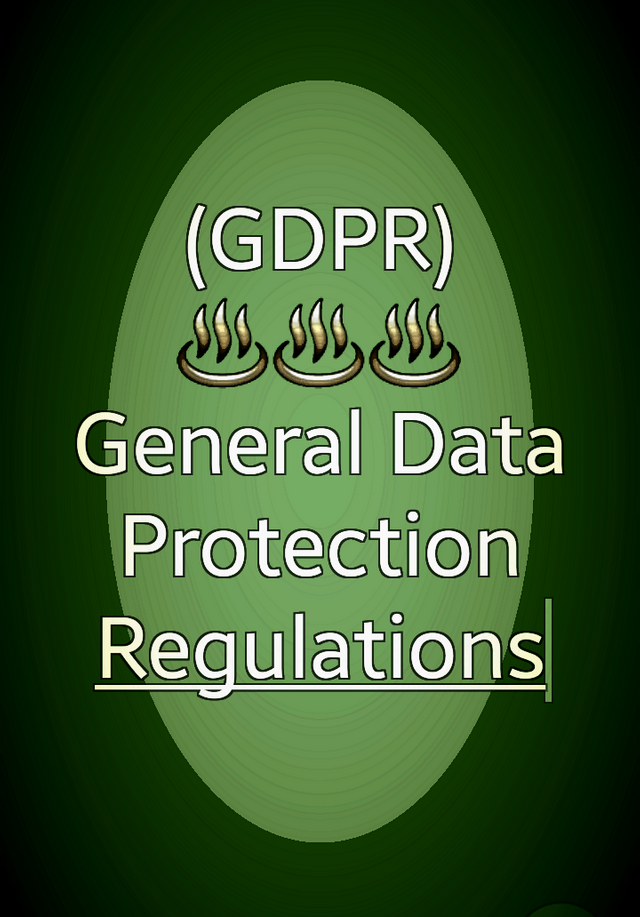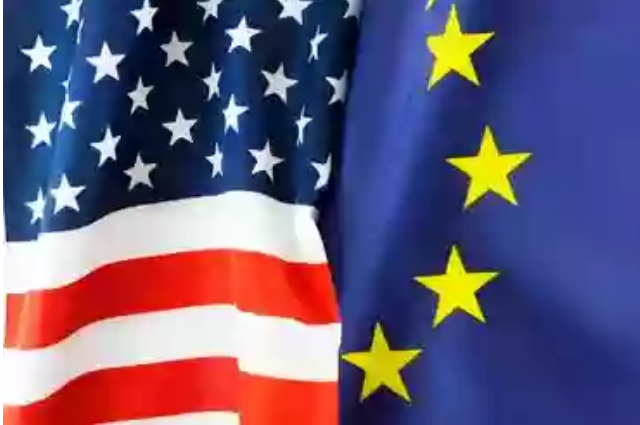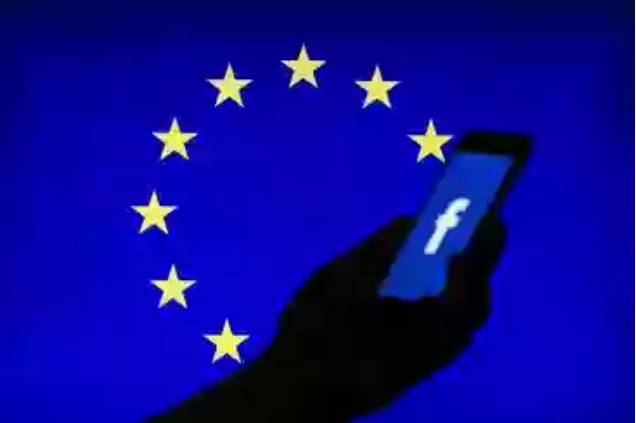The General Data Protection Regulation is a sweeping law that gives residents of the European Union more control over their personal data and seeks to clarify rules and responsibilities for online services with European users. It replaces the EU's previous law governing data protection, passed in 1995, and makes some dramatic changes to existing conventions.

The regulation expands the scope of what companies must consider personal data, and it requires them to closely track the data they've stored on EU residents. If someone in the EU wants a company to delete his or her data, send copies of the data, or correct an error in the data, companies have to comply.
The law goes even further than that. EU residents can now object to specific ways companies are using their data, saying that they don't mind if a company keeps the data as long as it stops using the info for a particular purpose

What's more, the law requires companies to notify users within 72 hours of a data breach -- something very few companies currently do. For example, during the Equifax breach that exposed the personal information of millions of people in the US and beyond, the company spent weeks stopping the attack and then planning how to deal with the damage before informing the public.
When does the GDPR take effect?
Friday. The regulation was ratified in 2016 and organizations were given a two-year "implementation period" to prepare. This grace period ends on May 25, 2018, when enforcement begins in earnest.
What kind of data does the GDPR protect?
The regulation applies to a broad array of personal data, including a person's name and government ID numbers. It also protects information that can show a person's activity both online and in the real world. That includes location information, as well as IP addresses, cookies and other data that lets companies track users as they browse the internet.
How will this affect Facebook and other social-media companies?
Many large online services and social-media companies are updating their privacy policies and terms of service to prepare for the new legislation. Facebook's response is sure to be closely scrutinized by European regulators, given the Cambridge Analytica scandal as well as past concerns about the company's data collection. Austrian privacy advocates filed complaints on Friday, the first day the GDPR went into effect, against Google and Facebook, as well as Instagram and WhatsApp (both owned by Facebook.)

These include the kerfuffle in 2007 over the company's controversial Beacon advertising program that broadcast user activity on partner sites. And don't forget user uproar when Facebook and its subsidiary Instagram claimed to own user profile data and photos. The GDPR makes it much clearer that these kinds of activities aren't OK.
In his testimony during a joint hearing of the Senate's Judiciary and Commerce Committees on April 10, Zuckerberg stated his support "in principle" for a GDPR-like opt-in standard for users before they give up their data -- but he didn't commit, adding "details matter." (Zuckerberg's notes, which he left open during a short break, included a warning: "Don't say we already do what GDPR requires.")
The GDPR came up several times during Facebook CEO Mark Zuckerberg's testimony before the US Congress in April, and it was a major focus Tuesday when members of the European Parliament questioned Zuckerberg in Brussels. EU officials said they weren't satisfied with the Facebook CEO's answers to questions about the GDPR, and he promised to follow up with answers in writing.
"I think the GDPR in general is going to be a very positive step for the internet," Zuckerberg told US lawmakers, going on to discuss Facebook's plans to tighten data policies, protect users from further leaks and become more transparent about who's advertising on the site.
It's not just the household names of the internet like Facebook that will have to comply. Health care providers, insurers, banks and any other company dealing in sensitive personal data will also be on the hook. That's why your inbox is getting flooded with updated privacy policies.
The GDPR will have a significant impact on our online footprints and how the apps and services we use protect or exploit them.
More resources here https://www.cnet.com/google-amp/news/what-gdpr-means-for-facebook-google-the-eu-us-and-you/
Tho am yet to receive any info/msg from steemit as other platforms even gmail have been doing notifying users of this GDPR,
So, looking forward for any better info as comments from rest steemians. Thanks ✊ in advance
Hi! I am a robot. I just upvoted you! I found similar content that readers might be interested in:
https://www.cnet.com/how-to/what-gdpr-means-for-facebook-google-the-eu-us-and-you/
Downvoting a post can decrease pending rewards and make it less visible. Common reasons:
Submit